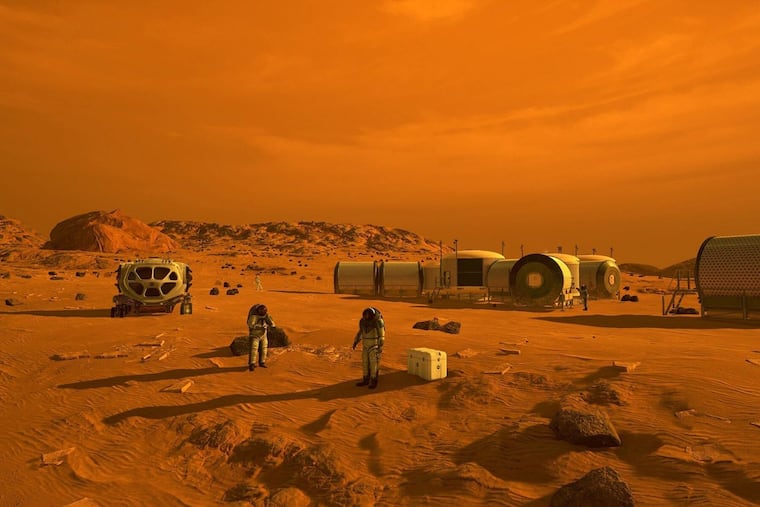Basic habitability remains a privilege on Earth, while discussions about terraforming distant planets continue.
This summer, the Poconos region noted another week of high temperatures reaching 88 degrees Fahrenheit, a measurement that appears mild in light of global climate trends. Despite these seemingly moderate conditions, the Environmental Protection Agency (EPA) has been developing proposals to revoke the scientific assessment that links greenhouse gas emissions to severe climate change and its associated threats to human existence.
The juxtaposition of these events reveals a troubling contradiction. As scientists contemplate the feasibility of “terraforming” other planets, they accept conditions on Earth that vary drastically in livability—a situation where basic comfort remains inaccessible for billions of individuals. Terraforming discussions often involve concepts such as stable climates, clean air, and reliable access to water—conditions that, while technologically achievable, are often out of reach for many on our planet.
In parallel, billionaires pursue space exploration, often expending large amounts of fossil fuels in the process. Figures such as Jeff Bezos have expressed gratitude to customers whose patronage has funded ventures into space, while many of those same individuals work in environments that lack adequate cooling and pose significant health risks during extreme heat conditions.
This situation is not merely a critique of the pursuit of extraterrestrial endeavors; it is an observation about societal priorities. A significant discrepancy exists between the resources allocated for space flight and those devoted to ensuring basic living conditions on Earth. The notion of “engineered inequality” underscores how climate control is often a privilege afforded to a select few, while vast populations contend with environmental hardships.
Urban heat islands significantly exacerbate this inequality, causing temperature disparities of 10-15 degrees in lower-income neighborhoods compared to more affluent areas equipped with trees and green spaces. Laborers in agriculture face extreme heat stress on a regular basis, resulting in health crises, while vulnerable populations struggle within inadequately insulated housing.
The proposed changes by the EPA to eliminate established guidelines related to greenhouse gases would undermine the foundational scientific understanding necessary to address climate issues. The current global situation demands a cohesive response aimed at sustainability rather than reverting to outdated practices which disregard the urgent needs of those facing the worst impacts of climate change.
Ultimately, the capacity for technological advancement exists, along with the expertise needed to engineer solutions for pressing climate issues. It is vital that policy decisions align with the principles of equity and prioritize the health of all communities over narrow interests. As Pennsylvania residents, there is both privilege and obligation to advocate for actions that mitigate climate risks and promote equity, ensuring that the conversation shifts from the realm of distant planetary colonization to making Earth viable for everyone today.
The quest for space exploration persists, and as temperatures continue to rise around the globe, it’s essential that we focus on cultivating habitable environments for all humanity. The commitment to developing equitable policies in environmental health could foster a genuinely sustainable future on our planet, providing a foundation for both current and future generations.







